Past participleとは。 意味や和訳。 《文法》過去分詞 80万項目以上収録、例文・コロケーションが豊富な無料英和和英辞典。/ ˌpɑːst ˈpɜːfekt / us / ˌpæst ˈpɝːfekt / the grammatical form used for an action that had already finished when another action happened It is made with "had" and a past participle Simple present and simple continuousとはどういう意味ですか? ベストアンサー:英文法で時制表現を表す用語の代表的な物は以下です。 *simple presentはpresent simpleでは

Narrative Tenses In English Youtube
Past perfect simple 意味
Past perfect simple 意味-The present simple 意味, 定義, the present simple は何か 1 the tense that is used to refer to events, actions, and conditions that are happening all the もっと見る Past perfect is for things that happened before the simple past In your sentence, "discovered" is simple past and "had won" is past perfect He won the award before he discovered that he won it Does that make sense?
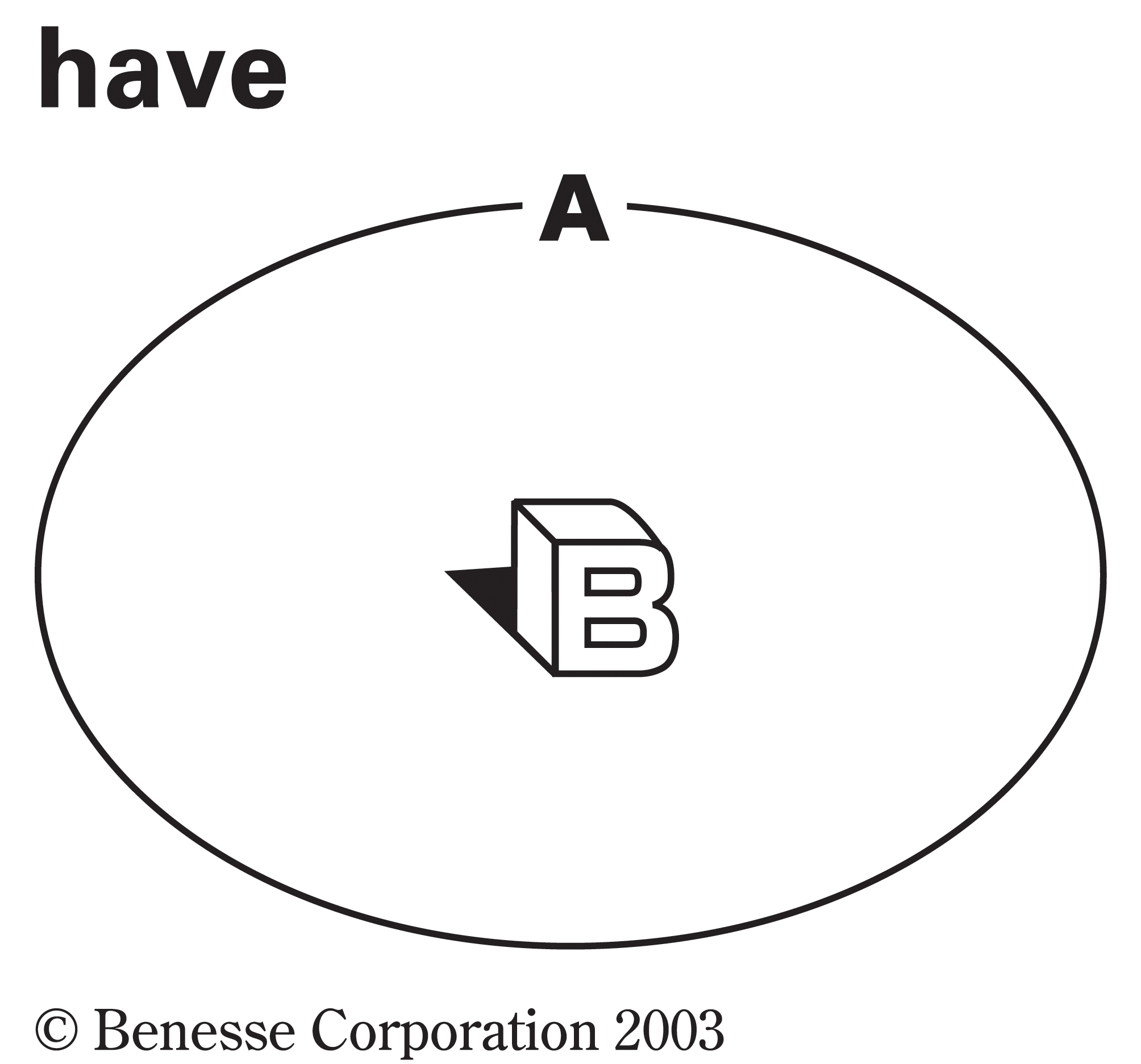



英語 Have の意味 使い方 読み方 Weblio英和辞書
過去形(Simple Past tense) 動作や状態が過去のある時点で始まって過去のある時点で終わったことを表現する時に使います。 例えば、Presentとは。意味や和訳。形1 〔通例叙述〕(その場に)いる(解説的語義)出席している,ここそこにいる,(に)居合わせる≪at,in≫;〈特質などが〉(ある場所・物などに)存在している,ある≪in≫(⇔absent)present company (always) excepted = excepting present company今ここにおられる方々はAs simple as that 全く単純{たんじゅん}な;
Past Simple – V2 Past Participle – V3; Verb ·The past tense of wake up Deny V1 V2 V3 V4 V5, Past Simple and Past Participle Form of Deny Verbs
現在完了は、過去〜現在という長いスパンを表現するものです。 Tanaka Corpus The perfective represented by " nu ," " tsu " and " ri " and the past tense represented by " ki ," " shi " and " keri " were obsolete and the perfect aspect "tari" developed into the general past tense 発音を聞く 例文Use 'did' and the verb, but don't change the verb to the past form!The past perfect is used in the part of the sentence that explains the condition (the ifclause) Most often, the reason to write a verb in the past perfect tense is to show that it happened before other actions in the same sentence that are described by verbs in the simple past tense
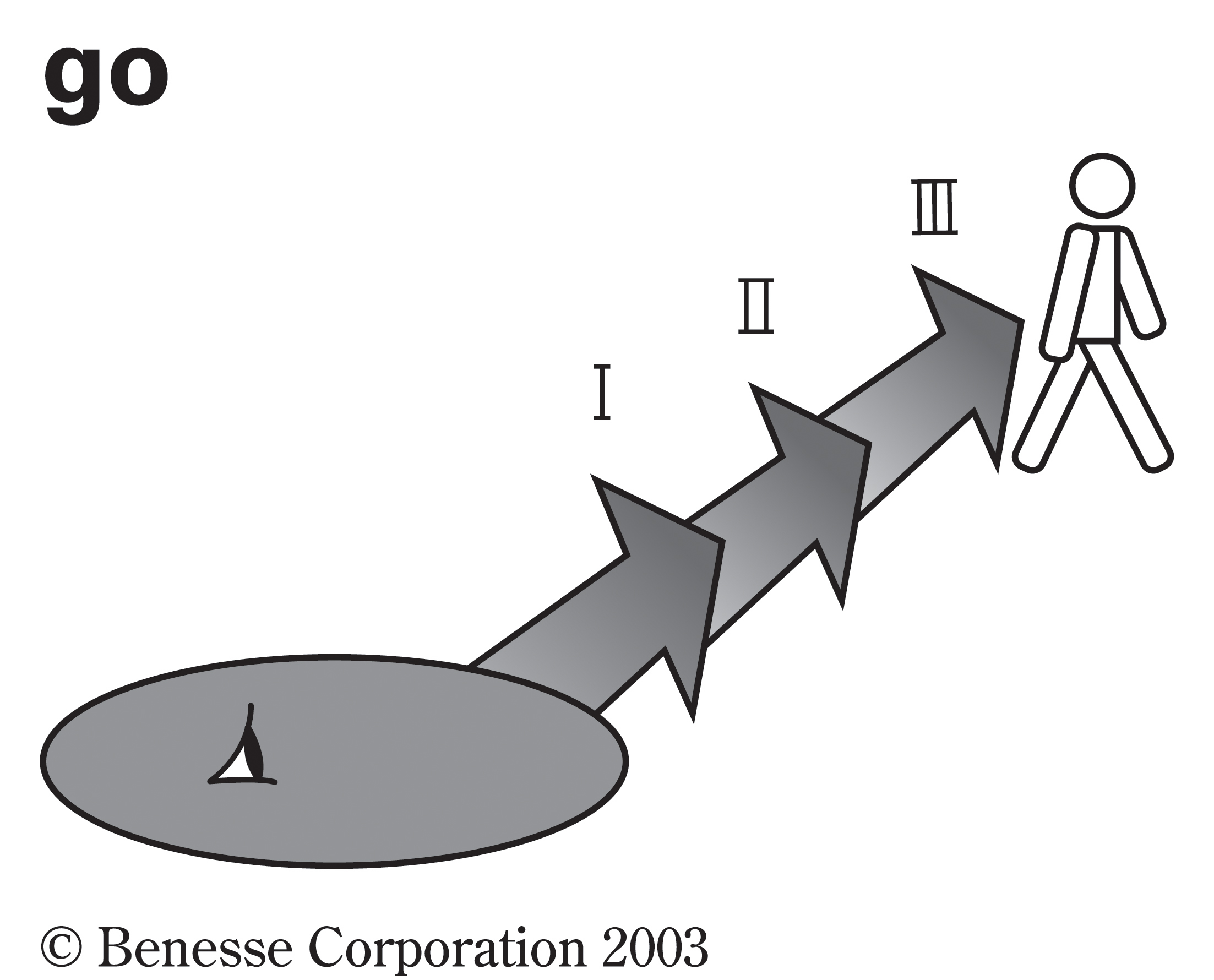



英語 Go の意味 使い方 読み方 Weblio英和辞書
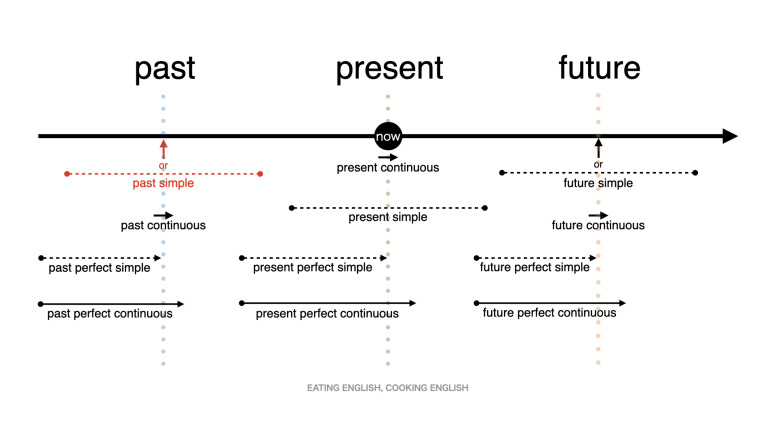



Peak For Meal Blog What The Past Simple Tells 過去形が伝えること
Simple simple adj 単純な, 簡潔な;PastTenses is a database of English verbs One can check verbs forms in different tenses Use our search box to check present tense, present participle tense, past tense and past質問を翻訳 権利侵害を報告する 回答 「ちがうかも」したとき 相手に通知されません。 質問者のみ、だれが「ちがうかも」したかを知ることができます。
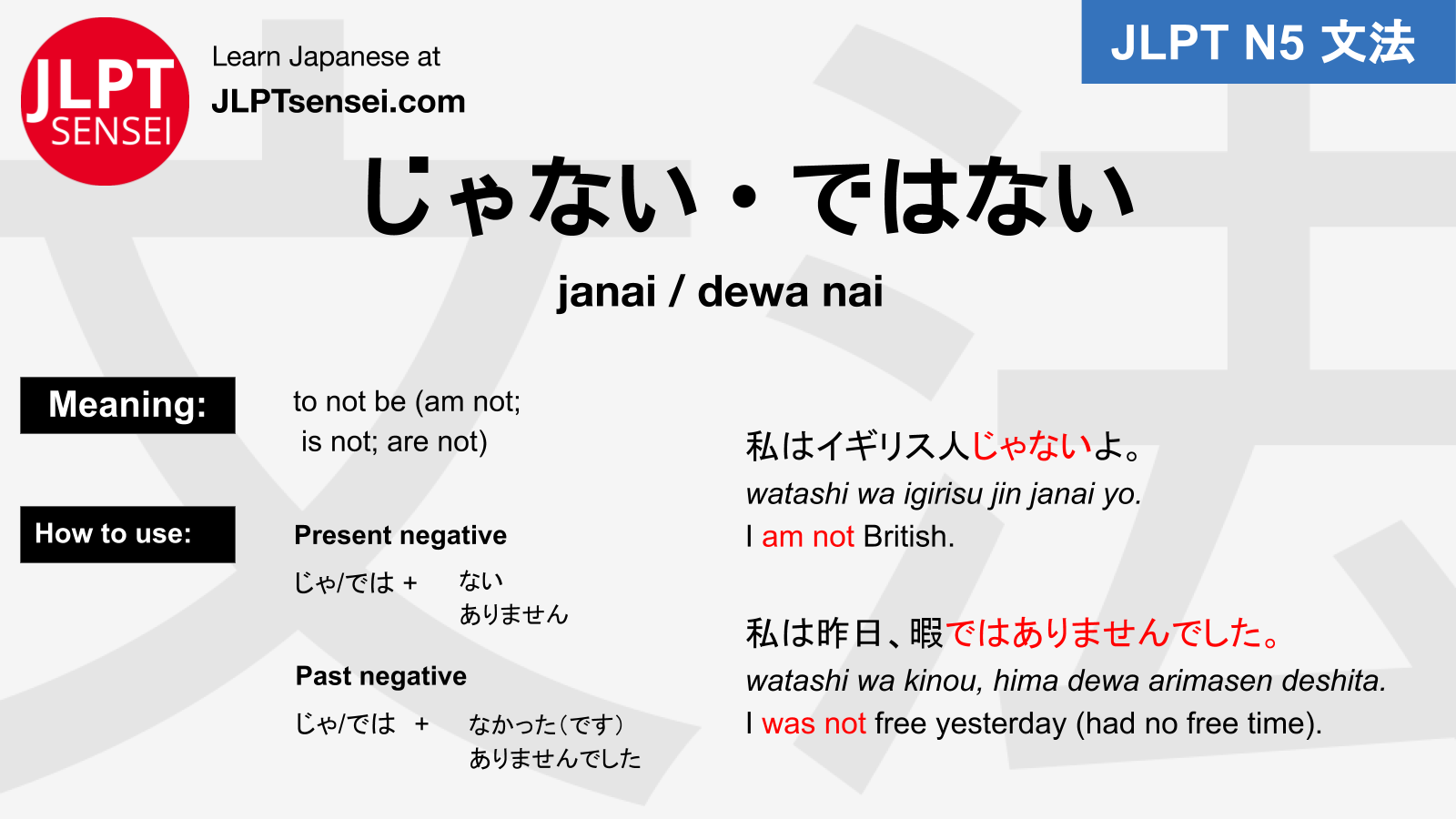



N5 Grammar じゃない ではない Janai Dewa Nai Learn Japanese Jlpt Sensei




締切や期限という意味を持つdue の使い方
What did you watch on TV last night?In the past in the past平素はへいそは平素へいそ;/ ˌpæst ˈsɪmp ə l / (also the simple past) the form of a verb used to describe an action that happened before the present time and is no longer happening It is usually made by adding ed The past simple of ' cook ' is ' cooked '
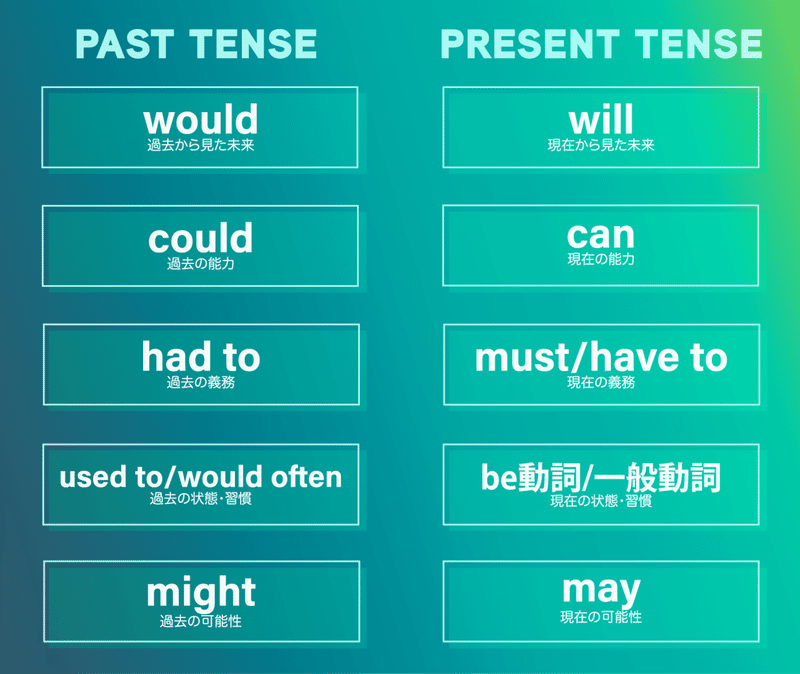



過去について物申す 助動詞 完了形の表現 コヤマケイコ しろくまスタディセッション Note




りんだろぐ Rindalog Simple Past And Present Perfect 単純過去と現在完了
To express beliefs about the present or future to talk about what people want to do or are willing to do to make promises, offers and requests would is the past tense form of will Because it is a past tense, it is used to talk about the past to talk about hypotheses (when we imagine something)Past símple 〔文法〕the ~(単純)過去形(simple past). simple past 単純過去{たんじゅん かこ};We use past simple and continuous to talk about wishes for the present I don't like this place I wish I lived somewhere more interesting These seats are very uncomfortable I wish we were travelling first class I wish I was taller John wishes he wasn't so busy I'm freezing If




Mixed Past Tenses Mr Bean At The Hospital Youtube




これでスッキリ 一発で覚える現在完了形 Understanding The Present Perfect ホープイングリッシュ
Verb blow past ( thirdperson singular simple present blows past, present participle blowing past, simple past blew past, past participle blown past ) To easily overcome or go around a safeguard or limit I've just blown past my calorie limit for the dayAllows action to continue over time Present perfect (action happened and may still be going on) I have sat Past perfect (action happened before something happened in the past) I had satWish (that) past simple We can use 'wish' to talk about something that we would like to be different in the present or the future It's used for things which are impossible or very unlikely I wish that I had a big house (I don't have a big house, but it's a nice idea!)




過去時制は Kako Jisei Ha とは 意味 英語の例文




りんだろぐ Rindalog Simple Past And Present Perfect 単純過去と現在完了
Past 1past n 過去;English Grammar Past Verb Tense Have Object Past Participle Have Object Past Participle Have Object Past Participle = Have Something Done; tenseとは。意味や和訳。形(tens・er;tens・est)1 〈綱などが〉ぴんと張った(taut)a tense ropeぴんと張ったロープ2 〈筋肉などが〉こわばった,凝り固まった;《音声学》〈音が〉緊張音の(⇔lax)2a 〈人・顔・神経などが〉(不安・怒りなどで)緊張した,張りつめた≪with≫3 〈状況などが
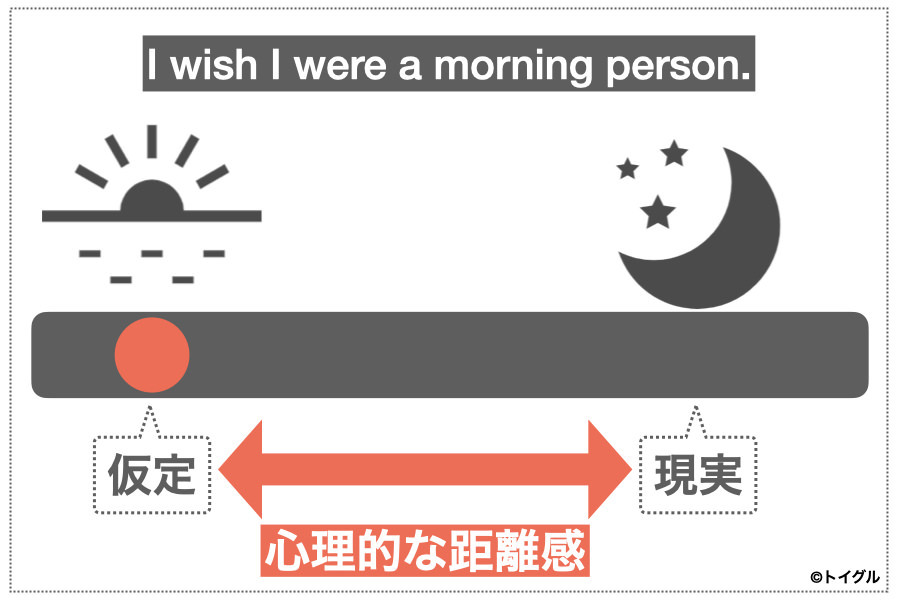



英語の単純過去形とは 使い方のポイントは 距離感 のイメージにあり
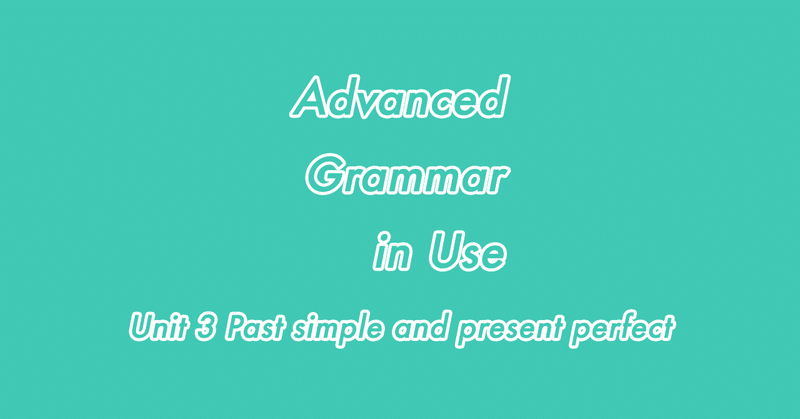



Unit 3 Past Simple And Present Perfect Advanced Grammar In Use Satomi Note
past simple passive は日本語で意味を表すと 過去形。 英語の文法上、現在を示すときは動詞を現在形に、 過去を示すときは動詞を過去形にして使いますが、 一概にこれだけではないので、どのように使うのかは文法の参考書の単元をみて学んでいくのがよいA term formerly used to refer to the simple past tense 例文帳に追加Simple past (action happened and is over) I sat Simple future (action will happen) I will sit Perfect Tense uses have, has, or had as auxiliary verb ;



Jasonの英語学習ブログ




Past Perfect 1996 無料視聴 日本語字幕
In the phrase past time, past is acting as an adjectiveWhere did you go for your last holiday? 英語 (アメリカ) 英語 (アメリカ) に関する質問 past simple passive とはどういう意味ですか?
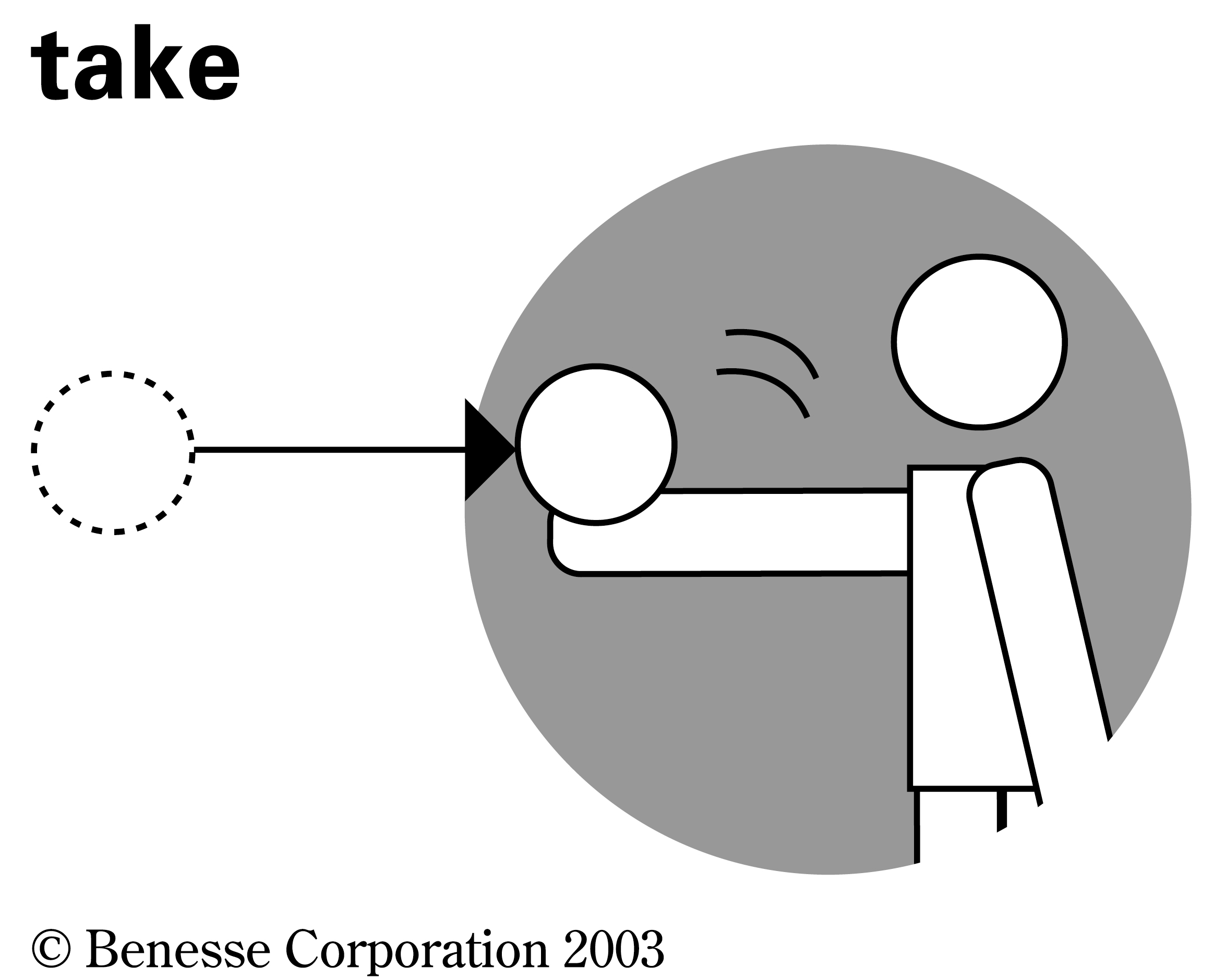



英語 Take の意味 使い方 読み方 Weblio英和辞書
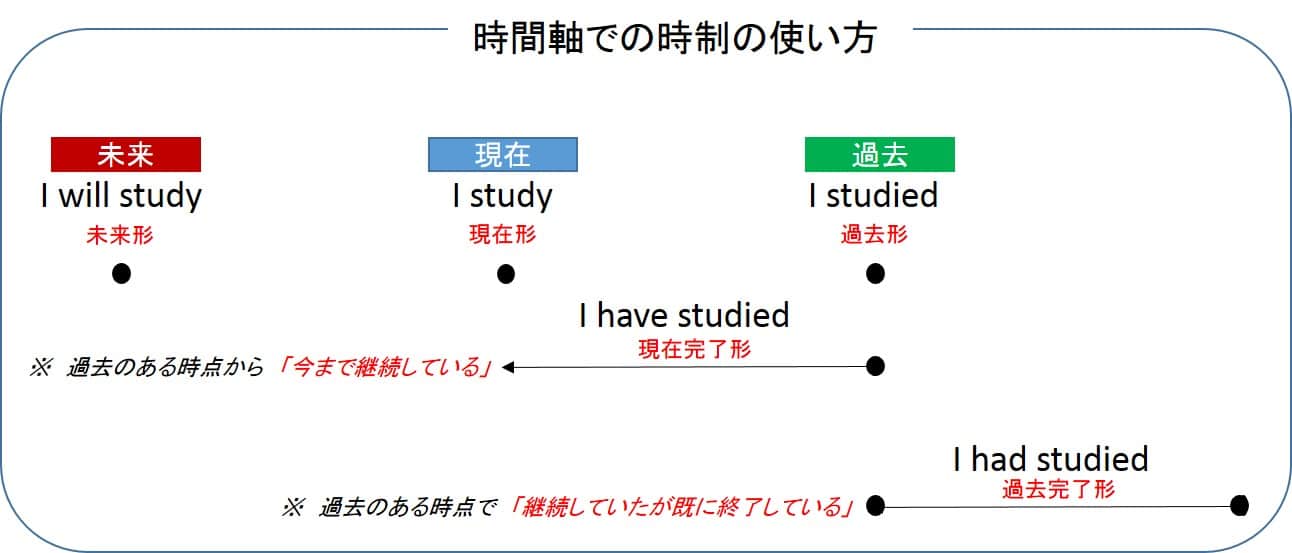



英語の過去完了形 訳し方や現在完了形との違い 4つの用法や例文 マイスキ英語
When did you see the film?To perform accurate prediction even when a past fluctuation tendency is differed from a current fluctuation tendency, in a prediction system configured to take a past value of continuous timeseries data as a sample and predict a future value from the sample 例文帳に追加 We use Past Simple Passive for actions or events that happened in the past (yesterday, last week (month, year), in 10) Unlike the Past Perfect Passive, there's no specific point in the past In such statements we focus attention on the person or thing affected by the action, when the subject is unknown, unclear or irrelevant
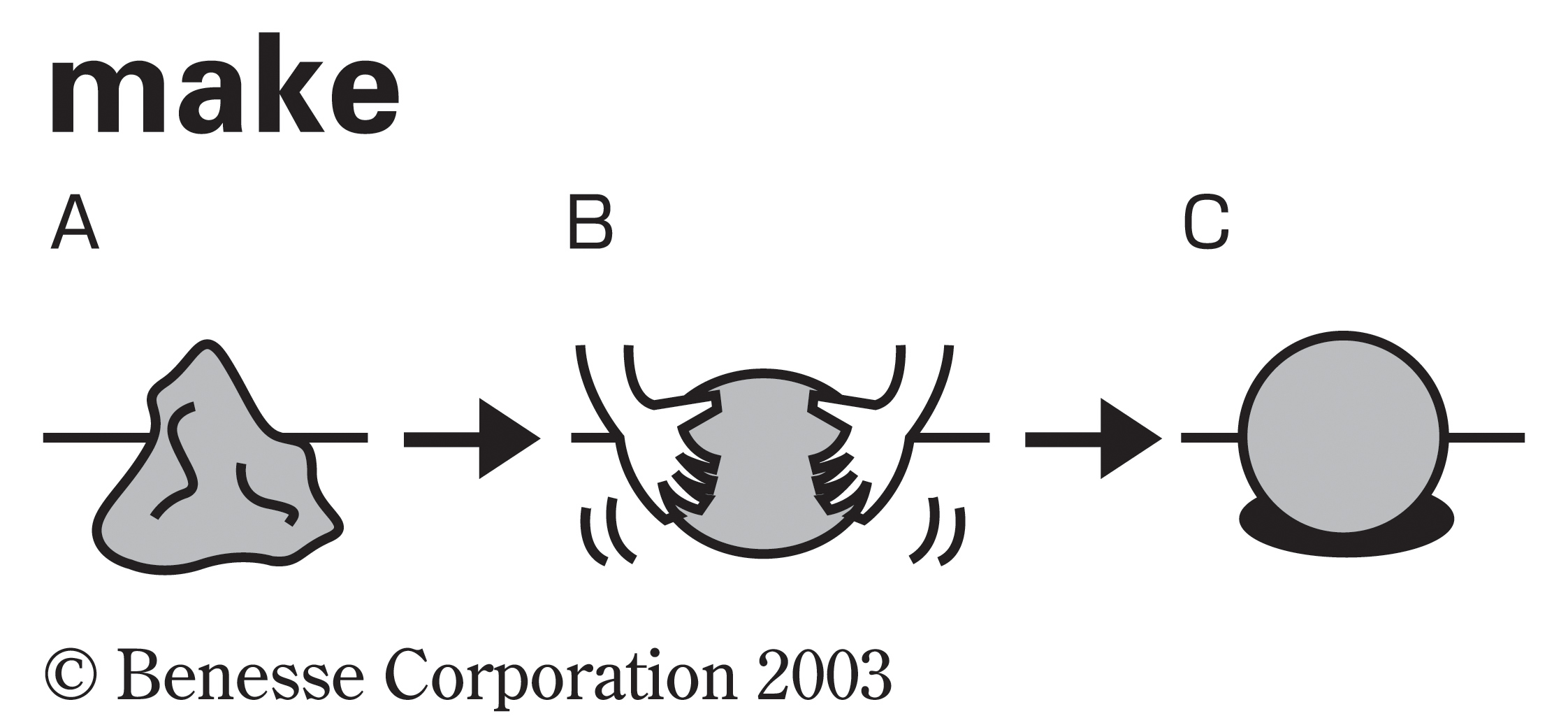



英語 Make の意味 使い方 読み方 Weblio英和辞書




英文法 過去形 Past Simple と過去進行形 Past Continuous English With Naoya
Simple simple adj 単純な, 簡潔な;Simple past 単純過去 {たんじゅん かこ} 単語帳への登録は「英辞郎 on the WEB Pro」でご利用ください。 ,000件まで登録できます。Present perfect simple (現在完了形) 時制 (tense) シリーズ第 1 弾『 過去に起こったことについて語ろう! 』 は使いこなしたい完了形に突入です。 復習しておくと、過去に起こったこと (現在も続いているかは今は考えずに) について話す時に使える時制は




時制をマスター 過去形と現在完了形の違いを理解しよう
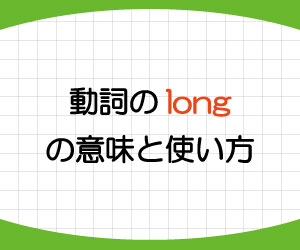



動詞のlongの意味 Long For Long To Do の使い方を例文で解説 基礎からはじめる英語学習
present simple の定義 @Idiot The present simple is the basic conjugation of any verb used to express that something currently in the present occurs It is often used to show that something is happening at a fixed point in time (for the present or possibly in the future) and is ALWAYS used for repeated actions Take the infinitive form of the word "to work" the present simpleばかな副詞 Things were a lot simpler in the old days 昔は物事がもっとずっと単純だった an appealingly simple message 感動的なまでに簡潔なメッセージ extremely simpleTo arrange for an event, etc to take place at a later time or date than originally planned synonym put off postpone something The game has already been postponed three times;




英語を英語で理解する第2弾 文法用語も英語で覚えよう ネイティブキャンプ英会話ブログ




過去形 I Did Past Simple 集まれ 英語マニア ゆかぞうとマイケルの英語ブログ
We usually add time words at the end警備員の横をこっそりすり抜ける 2 〈時間など〉 を過ぎて ( 解説的語義 )Grammar Rule Examples Did you have fun with your friends?
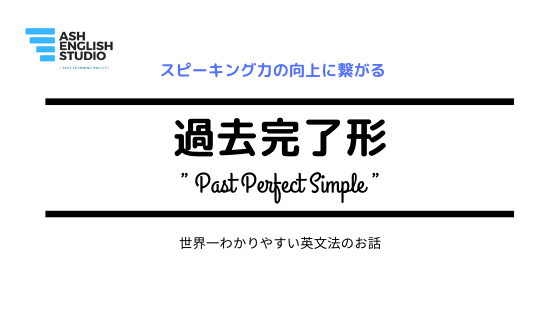



Ash Blog スピーキングで使える英文法 過去完了形を解説
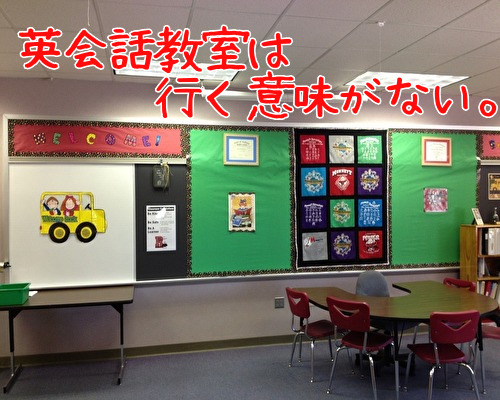



英会話の教室は行く意味がない 実態をお話しします 社会人から学ぶ日常英会話 西木家の夫婦
The past perfect tense is used to indicate an action that happened in the past before another action happened This compound tense is formed by adding the past participle to the auxiliary verb had The main difference between past participle and past perfect is that past participle is a verb form whereas past perfect is a tenseWeblio辞書 past simple とは意味past simple (単純過去), past simple「past simple」の意味・例文・用法ならWeblio英和・和英辞書 past simple past simple (単純過去)What did you learn at school yesterday?




英語の過去形をもう一度確認しよう 形と動詞の変化について Past Simple 英語の実



1
過ぎ去ったこと, 経歴動詞+ look to the future and bury the past 未来に目を向け過去を葬り去る She had a past she didn't dare disclose (to anyone)USE 1 Future in Past Future in the past is used to express the idea that in the past you thought something would happen in the future It does not matter if you are correct or not Future in the past follows the same basic rules as the simple future "Would" is used to volunteer or promise, and "was going to" is used to planPostpone something until something We'll have to postpone the meeting until next week;




過去完了形の使い方 出来事の順序を意識すれば簡単に使えます Past Perfect Simple 英語の実




リベラル21 時制とアスペクト
Past simple past símple 〔文法〕the ~(単純)過去形(simple past). simple past tense 単純過去時制{たんじゅん かこ じせい} as simple as that 全く単純{たんじゅん}な;Did you have a nice weekend?A similar phrase is the phrase past due It is past time that we go get some pizza It is past time to turn in your report It is long past time for Congress to deliver the money needed to fight a virus that, if unchecked, could ruin thousands of young lives –The Washington Post;




Present Perfect と Past Simple はどう違いますか Hinative
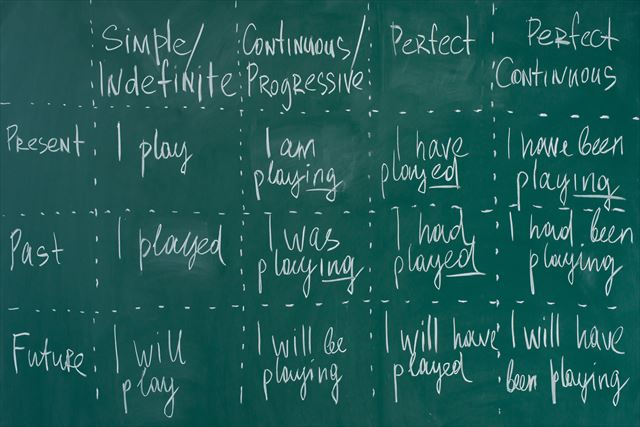



過去完了形と現在完了形は何が違う セットで覚えてしっかり理解しよう 四谷学院大学受験合格ブログ
The past simple emphasises the event that happened at a definite time in the past The focus is not on events in progress but rather on the whole events ( finished work, went home ) The events were completed at that timeSimple past (複数形 simple pasts) (grammar) A tense used to describe something that happened in the past, formed by the inflection of a single word, without any auxiliary verb such as be or have Past simple and Past continuous 現在とは切り離された過去に起こった出来事や状況のことを言います。 そのため、過去を表す言葉(yesterday, last week等)と一緒に用いられることが




英文法 現在完了と過去完了




過去完了進行形を例文で解説 Past Perfect Continuous 英語の実
Choose chose chosen cling clung clung come came come cost cost cost creep crept crept cut cut cut deal dealt dealt dig dug dug do did done draw drew drawn dream dreamt dreamt drink drank drunk drive drove driven dwell dwelt dwelt eat ate eaten fall fell fallen feed fed fed feel felt felt fight fought foughtばかな副詞 Things were a lot simpler in the old daysSimple past tense 単純過去時制{たんじゅん かこ じせい};
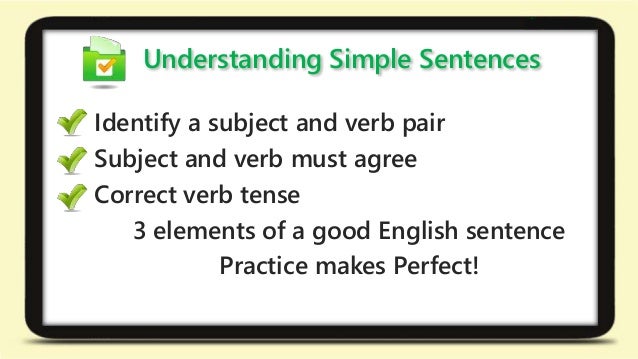



Understanding Simple Sentences 簡単な文章を理解する




時制 Past Simple English Grammar
Is used when someone does something for or to us I had my car fixed My mother had her coat washed The students had their classroom paintedPostpone something to something They have agreed to postpone repayment of the loan to a future unspecified date/ ˌpɑːst kənˈtɪnjuəs / us / ˌpæst kənˈtɪnjuəs / (also the past progressive) the grammatical form used for an action that someone was doing or an event that was happening at a particular time It is made with "was" or "were" and the ing form of a verb




過去進行 過去進行 とは 意味 英語の例文



English Grammar 1 Verb Tenses Web Design Inspiration
Learn how to use past tenses with J Dunn Watch our free video lesson!Watch all of our Upper Intermediate level English video lessons here https//googl/z0



受動の単純過去simplepastpassiveとはなんです Yahoo 知恵袋




時制の使い方 過去形 過去完了形 過去完了進行形 感じる文法 ネイティブレベル英語文法講座
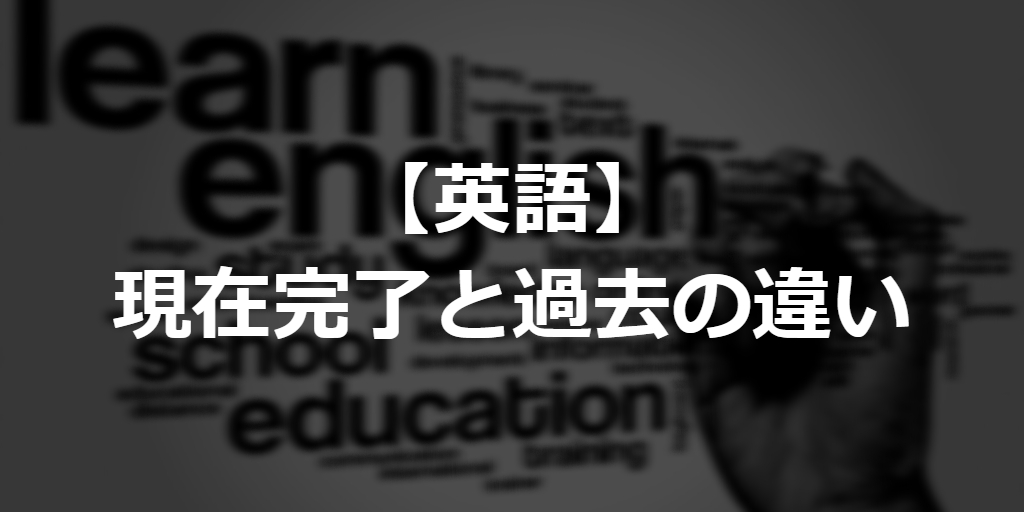



英語 現在完了と過去の違い




Present Continuous Tense 用法 現在完了進行形とは Cxana



Pastperfectsimpleとは 過去完了形の事です Yahoo 知恵袋



2




Present Continuous Tense 用法 現在完了進行形とは Cxana
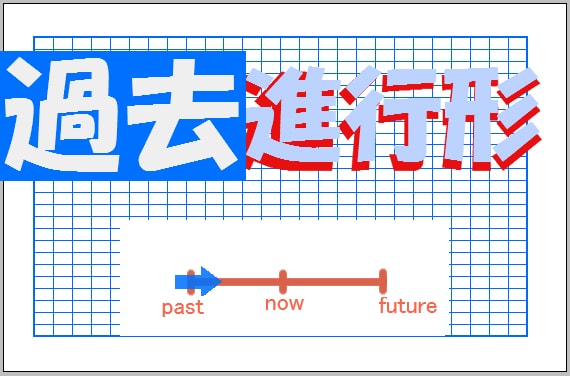



誰でもわかる 過去進行形 過去形との違いも解説しますよ




Present Continuous Tense 用法 現在完了進行形とは Cxana
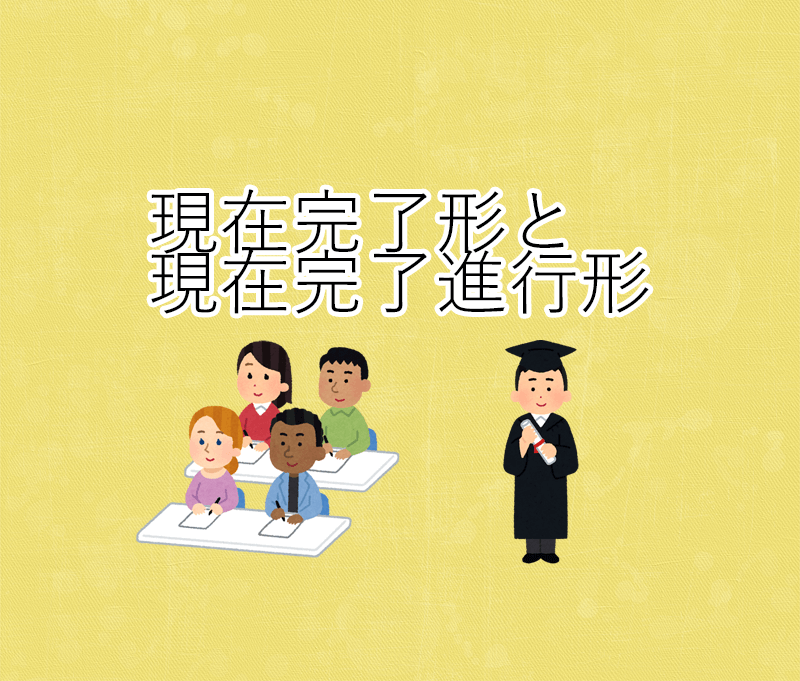



現在完了形と現在完了進行形の違い Present Perfect Simple Present Perfect Continuous すんぽすと




Step By Step 英語動詞の時制 その2 ー 過去形 谷子塾




Grammar 00




今日のレッスンは Grammar Past Simple Past Continuous なんだっけ 大人の英語 英会話ただいまレッスン中
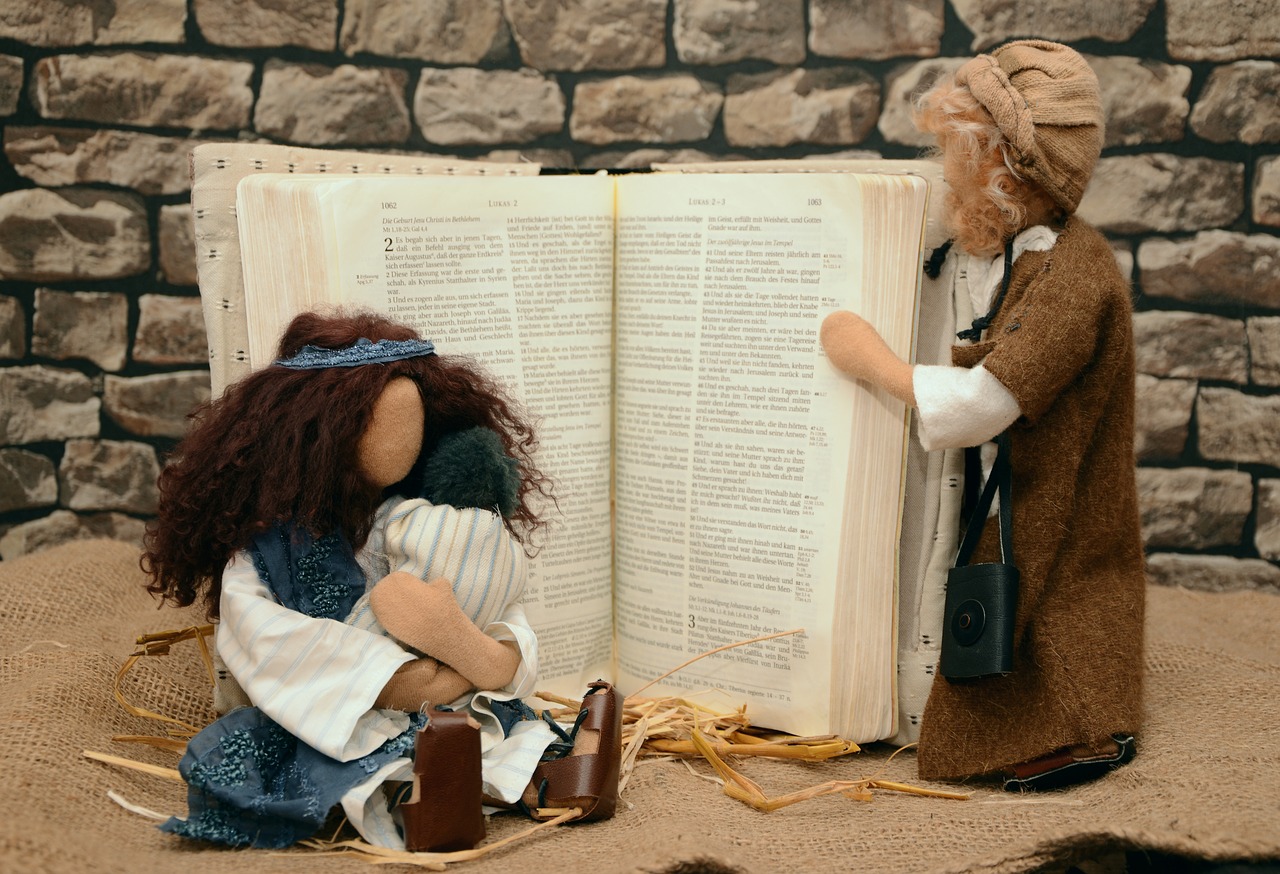



英語 Narrative Tense 物語の時制とは 4つの過去形 オンライン英単語
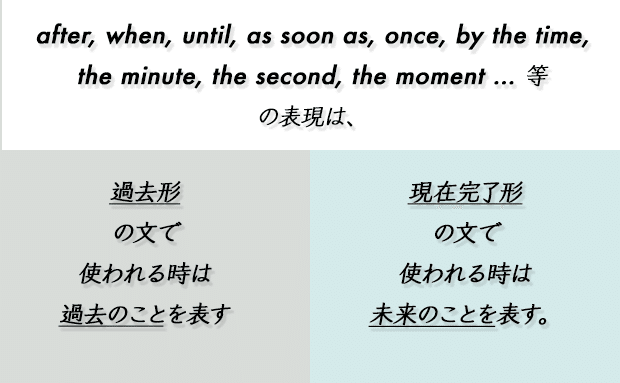



Unit 3 Past Simple And Present Perfect Advanced Grammar In Use Satomi Note



Moderationの意味として正しい文はどれですか Gです Yahoo 知恵袋




わたしたちの取組み ゴミステーションの管理 上勝ゼロ ウェイストアカデミー 樹葉 評論 日本




Narrative Tenses In English Youtube
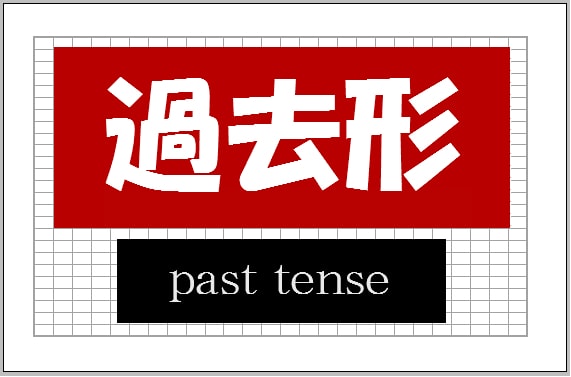



誰でもわかる英文法 過去形 Past Tense 簡単英語解説
/french-past-tense-04-58d41b703df78c5162c78989.png)



過去形はフランス語でどのように機能しますか



英文法講座 時制を使いこなす方法 イメージで感覚的に覚えよう 英語と中国語を学ぶ人のブログ




英語 Have の意味 使い方 読み方 Weblio英和辞書




時制 Present Continuous Ing English Grammar
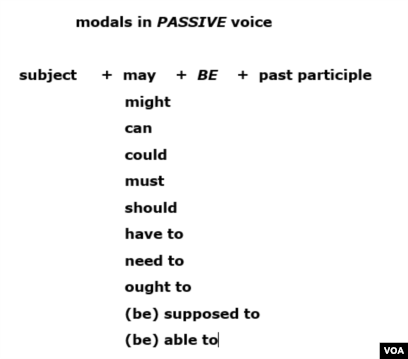



Learning Passive Modals It Can Be Done
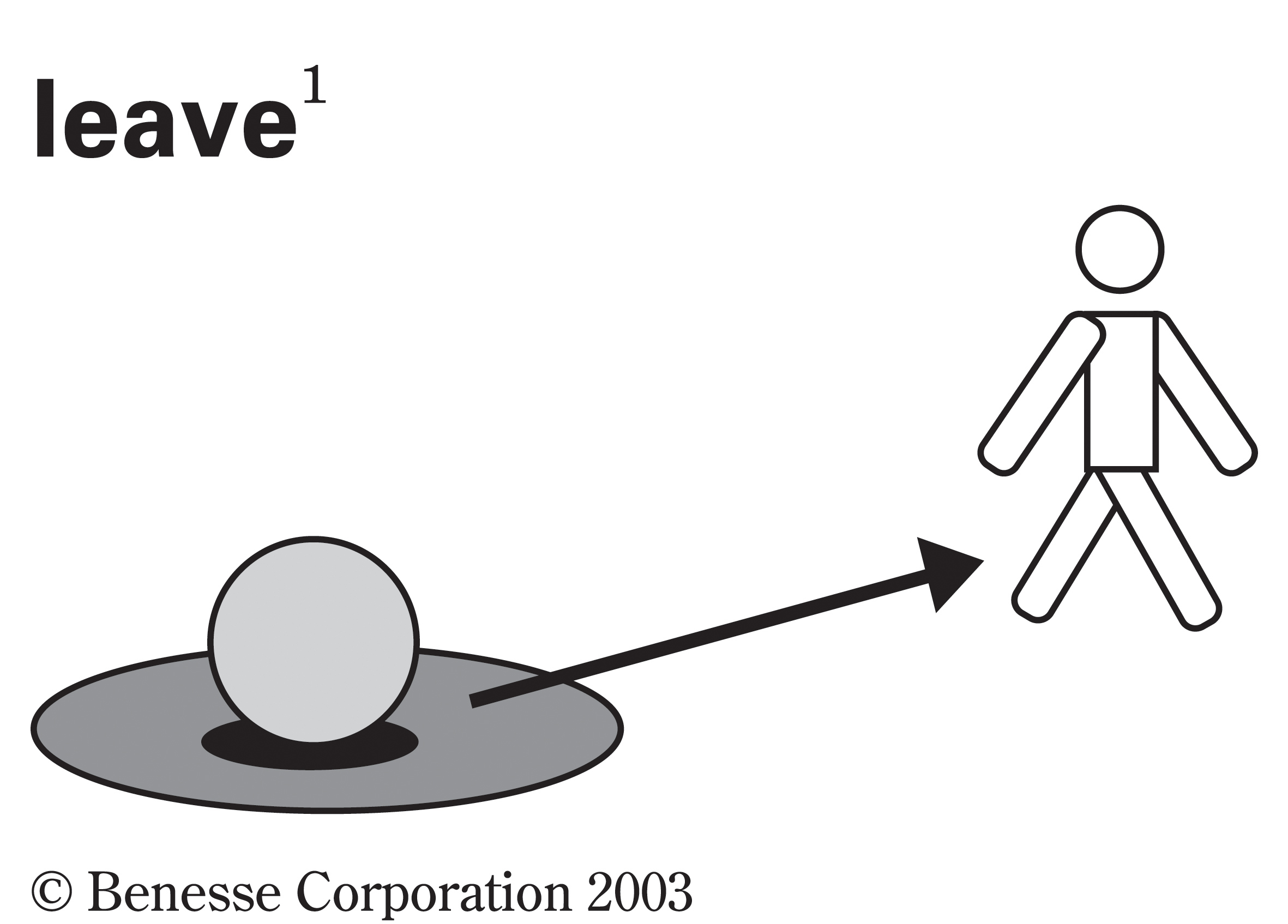



英語 Leave の意味 使い方 読み方 Weblio英和辞書




世界の英語方言 スラング大辞典 Idgaf の意味 解説 用法 例文 インターネットスラング



言語によって異なる世界の切り取り方 Lingocards



英単語 Tense の意味 覚え方 発音 天才英単語




Kidnappedはスペイン語で何ですか Secuestrado Tradukka




現在完了形と現在完了進行形の違い Present Perfect Simple Present Perfect Continuous すんぽすと



英文法講座 時制を使いこなす方法 イメージで感覚的に覚えよう 英語と中国語を学ぶ人のブログ



Http Www Kenkyusha Co Jp Uploads Samplebook New Pdf
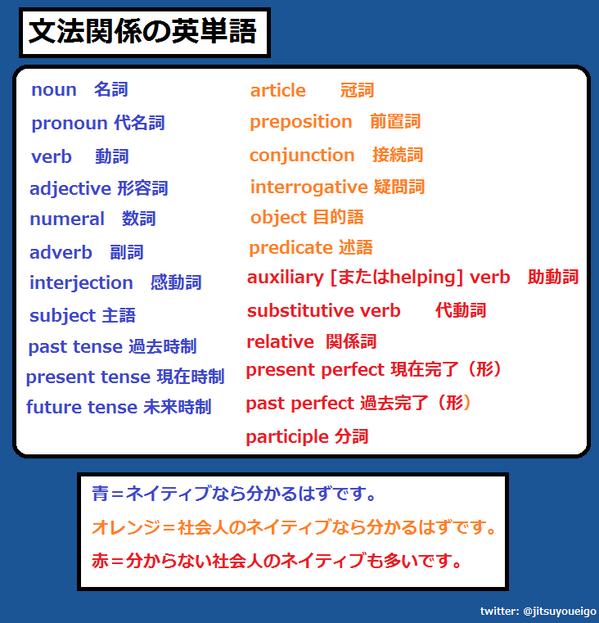



新着 Past 意味




In Turns Out 意味 英語 1分でわかる Turn Cpdpg
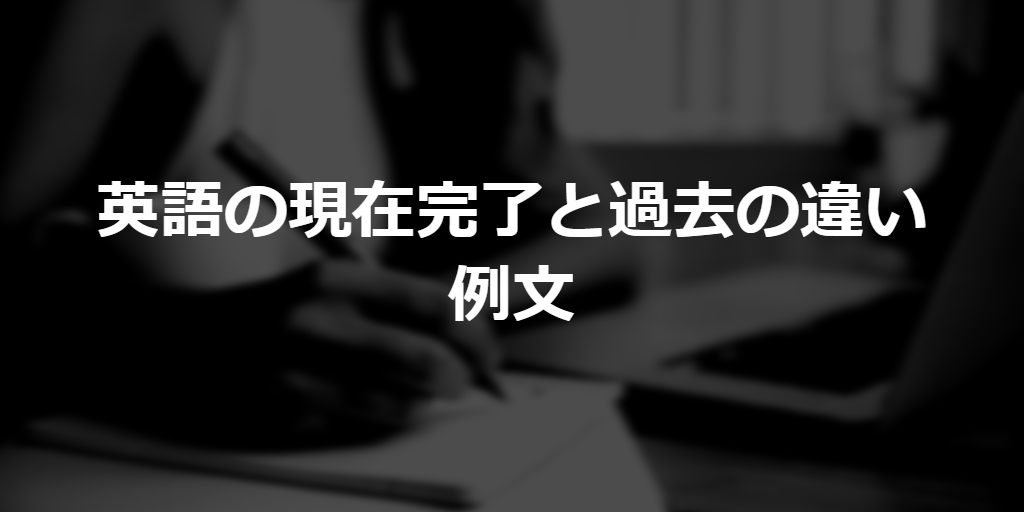



英語 現在完了と過去の違い
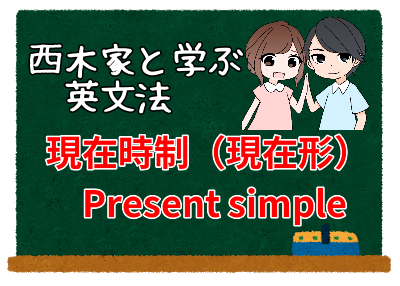



英語の文法 現在時制 現在形 Present Simpleについてわかりやすくに解説するよ 社会人から学ぶ日常英会話 西木家の夫婦
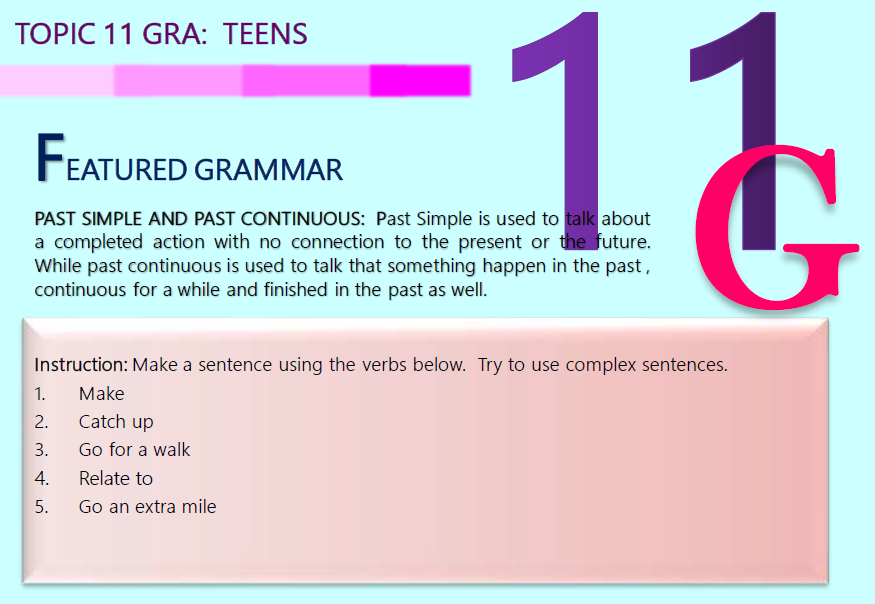



英語4技能対策




英語の単純過去形とは 使い方のポイントは 距離感 のイメージにあり




英文法 過去の事を既述する時に動詞は過去形を使うか 過去進行形を使うか 埼玉県大宮の英語教室



英単語 Tense の意味 覚え方 発音 天才英単語
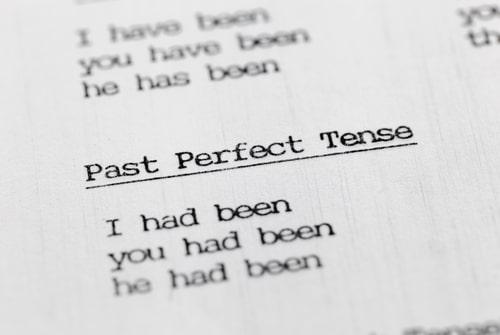



英語の過去完了形 訳し方や現在完了形との違い 4つの用法や例文 マイスキ英語



2




時制 Past Simple English Grammar




Overrated 意味 Overrate Cpdpg
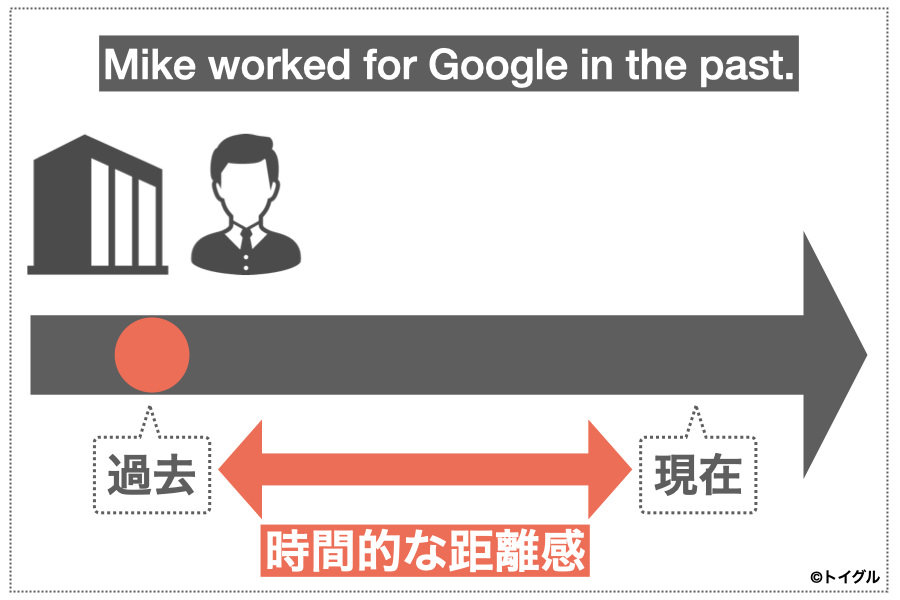



英語の単純過去形とは 使い方のポイントは 距離感 のイメージにあり



Perfect Hellog 英語史ブログ
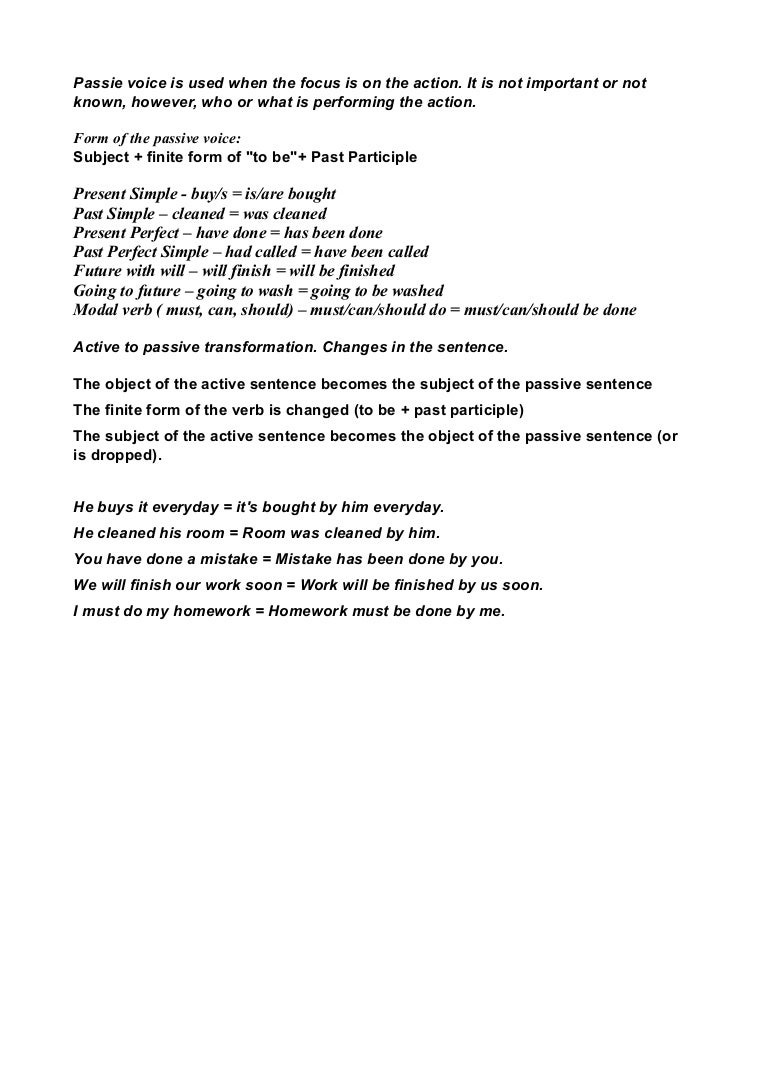



Passive Voice By Aliona Antonevic




Past Simple Passive とはどういう意味ですか 英語 アメリカ に関する質問 Hinative




Subjunctive Mood 仮定法 の全てを調べてみた English Without Generations
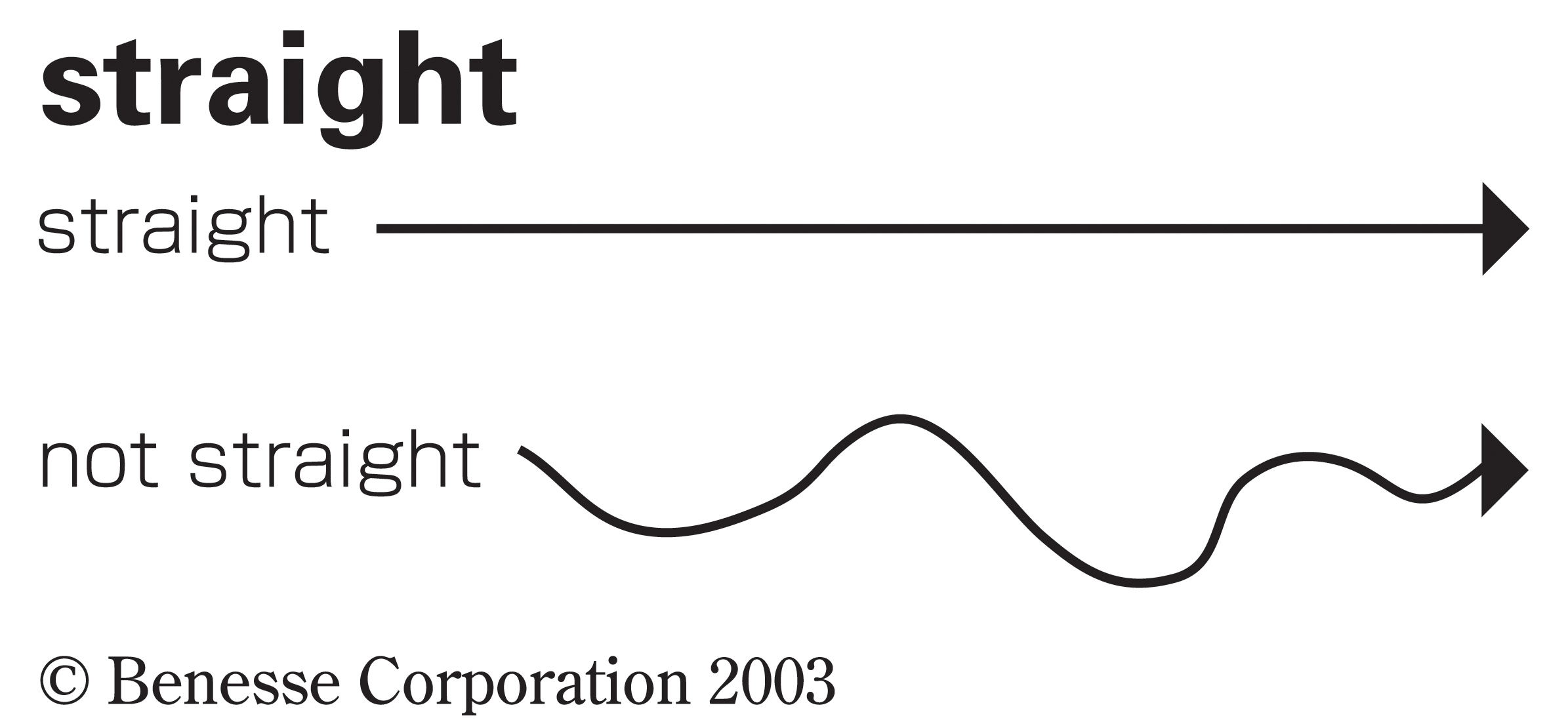



Straight とは 意味 読み方 表現 Weblio英和辞書




Grammar 時制 Present Perfect




英語の 文法用語一覧表 Noun Verb Adjectiveなどの意味139用語




I Ve Had A Nanny For A While Now とはどういう意味ですか 英語 アメリカ に関する質問 Hinative




過去進行形 日本一ユルくて分りやすい英文法の解説 マイケルの 集まれ 英語マニア




Present Perfect と Past Simple はどう違いますか Hinative




Unit 15 Past Perfect I Had Done For My Grandchildren 慶應通信生




It Can T Be の意味と簡単な使い方 音読用例文あり 30代40代で身につける英会話
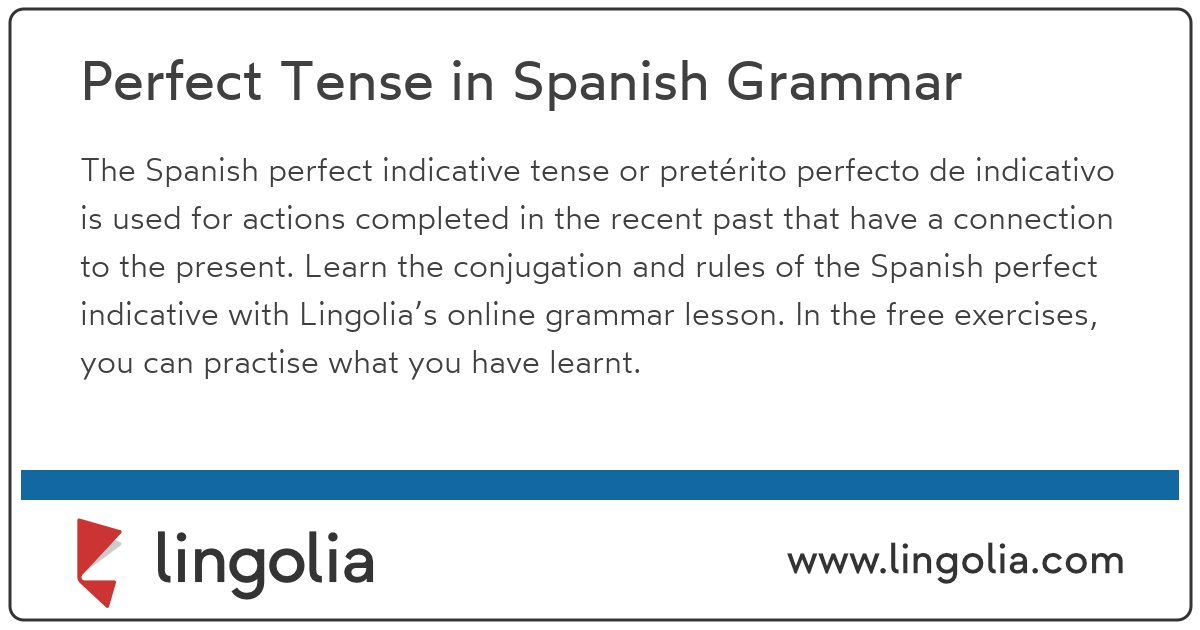



Perfect Tense In Spanish Grammar



Sapporo Firipinn Ryuugaku Com Wp Content Uploads 18 10 E8 8b B1 E6 96 87 E6 95 E7 94 A8 E8 9e E4 B8 80 E8 A6 E8 A1 A8 Pdf




Present Perfect と Past Simple はどう違いますか Hinative
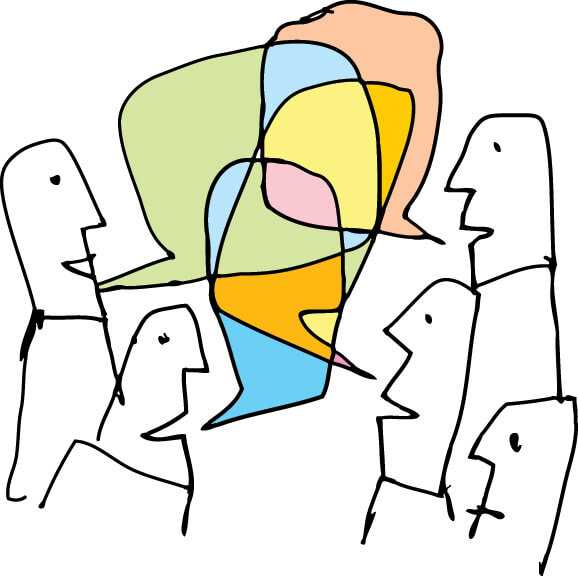



英文法 動詞 過去分詞形 Past Participle Grammar
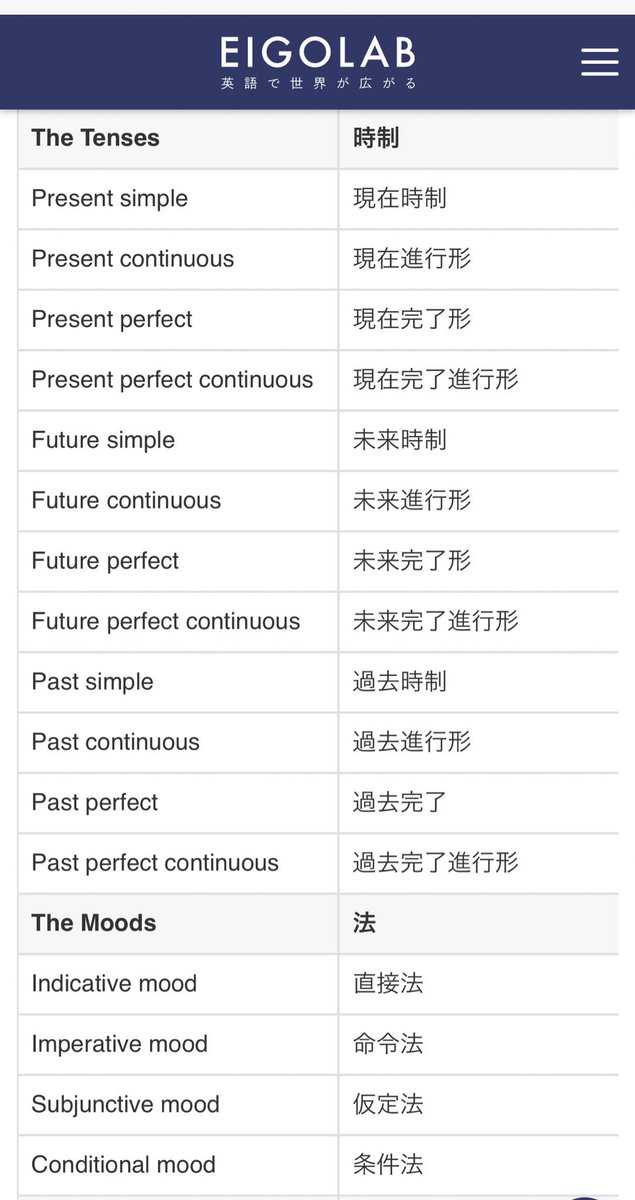



塩谷 舞 Mai Shiotani 英語オンリーの英語学習は 英語脳を育てるには最高だけど 本題よりも 説明欄側の 現在完了進行形 仮定法 などの意味がわからず ってなるので これさえ押さえれば授業についていけるぞい 全部まとめてくださっ



言語によって異なる世界の切り取り方 Lingocards




世界の英語方言 スラング大辞典 Half Past Six の意味 解説 用法 例文 シンガポール英語 シングリッシュ



Core Ac Uk Download Pdf Pdf



0 件のコメント:
コメントを投稿